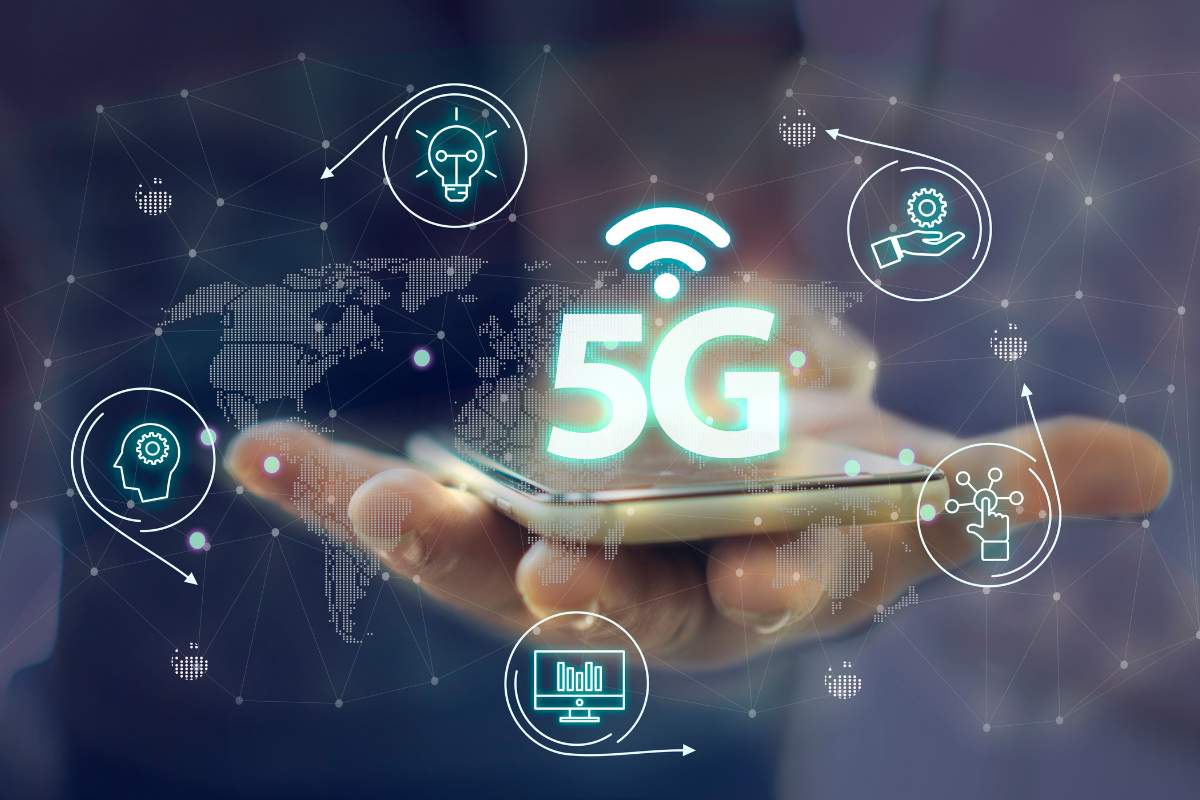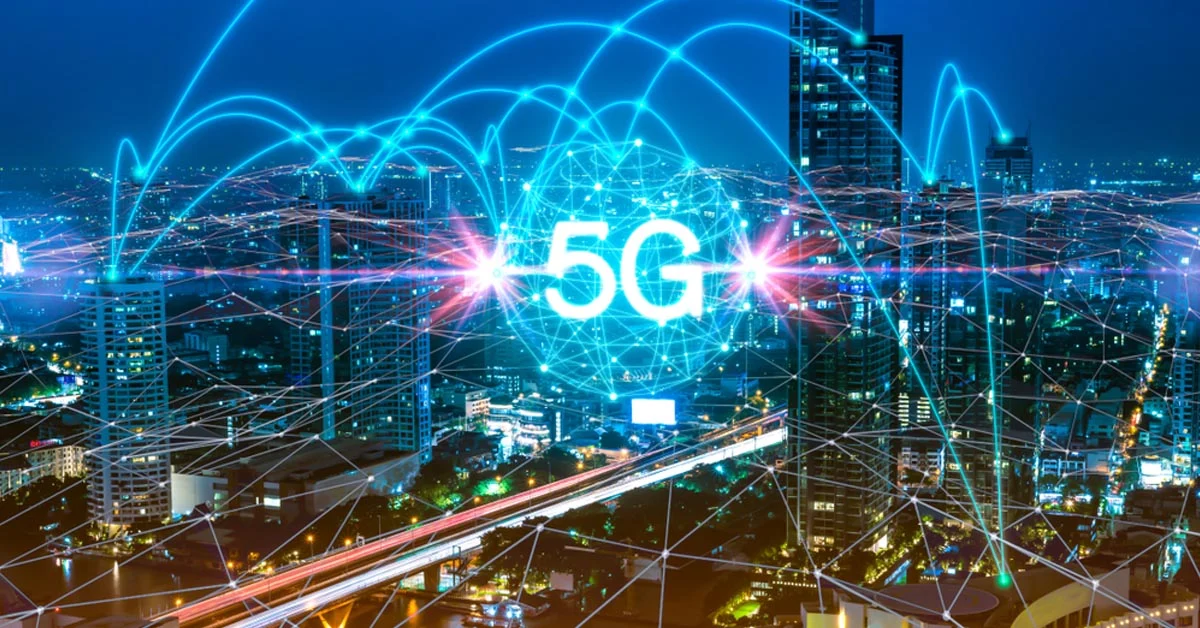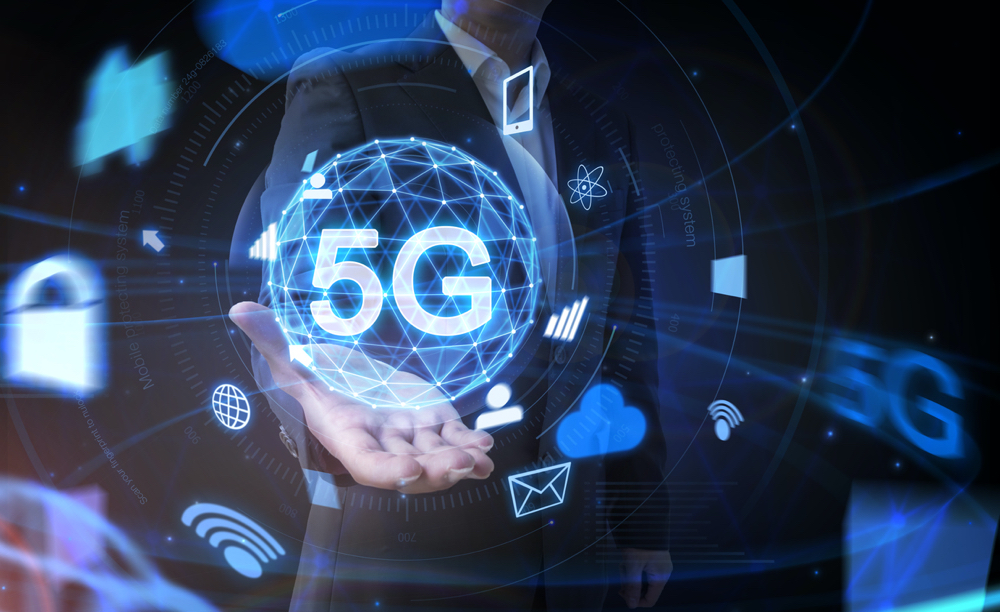In our fast-paced digital world, staying connected is paramount. The advent of 5G technology has taken the concept of connectivity to a whole new level. 5G, the fifth generation of mobile networks, is set to revolutionize the way we communicate, work, and live. This article explores the transformative potential of 5G and its impact on various aspects of our lives.
Understanding 5G Technology

Before delving into its advantages and applications, let’s understand what 5G is all about. 5G is the latest evolution in wireless communication, succeeding 4G LTE. It promises to offer significantly faster speeds, lower latency, and increased capacity. The technology utilizes higher-frequency radio waves and smaller cell stations to facilitate this enhanced connectivity.
The Advantages of 5G Connectivity

Faster Speeds and Lower Latency
One of the most significant advantages of 5G is its blazing-fast data transfer speeds. Compared to 4G, 5G can deliver download and upload speeds that are up to 100 times faster. This high-speed data transfer, combined with lower latency, enables real-time communication and seamless user experiences.
Enhanced Mobile Experience
With 5G, mobile users can enjoy smoother video streaming, quicker app downloads, and improved overall performance. This enhanced mobile experience will transform the way we interact with our devices, making them more responsive and efficient.
IoT and Smart Cities
5G is a game-changer for the Internet of Things (IoT) and the concept of smart cities. The technology’s ability to handle massive data volumes and support numerous connected devices paves the way for smart homes, efficient energy management, intelligent transportation systems, and more.
Improved Healthcare Services
The healthcare sector stands to benefit immensely from 5G technology. Its high bandwidth and low latency enable telemedicine, remote surgeries, and real-time patient monitoring. Additionally, it can facilitate the rapid exchange of medical data, leading to more accurate diagnoses and better patient outcomes.
Revolutionizing Industries
5G will not only impact our personal lives but also revolutionize various industries. From manufacturing and agriculture to entertainment and retail, the technology’s speed and reliability will fuel innovation, automation, and efficiency.
The Challenges of Implementing 5G

While 5G brings tremendous potential, its widespread adoption comes with certain challenges.
Infrastructure Upgrades
To fully utilize 5G capabilities, significant infrastructure upgrades are required. This includes deploying new cell towers, installing fiber-optic cables, and enhancing network equipment. Such large-scale investments can be time-consuming and costly.
Spectrum Management
5G relies on a higher-frequency spectrum, which has a shorter range but higher data-carrying capacity. Effectively managing this spectrum to prevent interference and ensure smooth connectivity remains a key challenge.
Security Concerns
As more devices and critical infrastructure get connected through 5G, security becomes a major concern. Protecting data and networks from potential cyber threats and ensuring user privacy will be paramount.
5G and the Future of Communication

Enhanced Virtual and Augmented Reality
5G’s high speeds and low latency will take virtual and augmented reality experiences to new heights. From immersive gaming to interactive training, the possibilities are endless.
Transforming Education
With 5G, students can access vast amounts of educational content and engage in real-time virtual classrooms. This technology will democratize education, making learning more accessible and engaging.
Advancements in Autonomous Vehicles
5G is critical for the development and deployment of autonomous vehicles. Its low latency and high reliability will enable real-time communication between vehicles, enhancing safety and efficiency on the roads.
Unleashing the Potential of Cloud Computing
5G’s speed and capacity will unlock the true potential of cloud computing. It will enable faster data access, seamless cloud-based applications, and improved data storage and processing capabilities.
The Global Impact of 5G

The widespread implementation of 5G will have a profound impact on a global scale. It will drive economic growth, foster innovation, and bridge the digital divide. Developing nations stand to gain significantly from 5G, as it can catalyze advancements in various sectors, improve access to information, and boost socio-economic development.
Conclusion
In conclusion, 5G is poised to revolutionize connectivity and transform the way we live, work, and communicate. Its lightning-fast speeds, low latency, and capacity to support a massive number of connected devices will open up endless possibilities across industries and impact lives worldwide. Embracing the challenges and harnessing the potential of 5G technology will pave the way for a more connected and innovative future.
FAQs
Q1. What is 5G technology?
5G is the fifth generation of mobile networks, offering significantly faster speeds and lower latency than its predecessors.
Q2. How does 5G differ from previous generations of mobile networks?
5G utilizes higher-frequency radio waves and smaller cell stations, enabling faster data transfer and increased capacity.
Q3. Are there any health concerns associated with 5G?
Extensive research has been conducted, and currently, there is no substantial evidence of harmful health effects from 5G.
